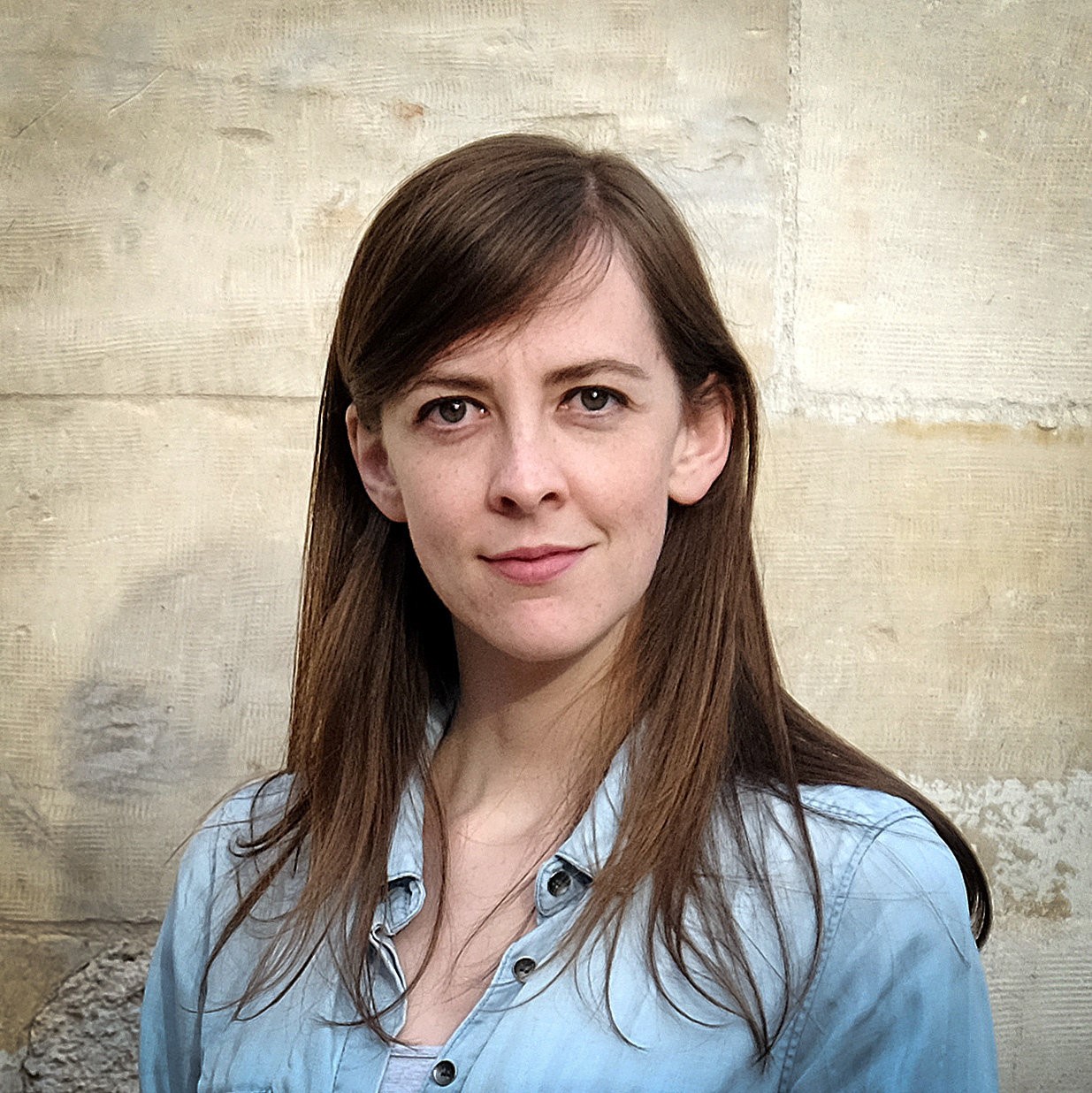Ditch your voice recorder and pick up your pen – shorthand is as invaluable as ever’ Laura Pitel
"Hunched over an exercise book, carefully practicing the shapes of different letters, some days at my NCTJ course would feel like being back in kindergarten. There was even nightly homework. But I use the things I learned on my 17-week training every day in my role as the FT’s Turkey correspondent."
Laura Pitel, the Financial Times’ Turkey correspondent, spoke to us about the importance of shorthand for our journalism careers guide. Laura did her NCTJ training with PA Training in 2009.
 Hunched over an exercise book, carefully practicing the shapes of different letters, some days at my NCTJ course would feel like being back in kindergarten. There was even nightly homework. But I use the things I learned on my 17-week training every day in my role as the FT’s Turkey correspondent.
Hunched over an exercise book, carefully practicing the shapes of different letters, some days at my NCTJ course would feel like being back in kindergarten. There was even nightly homework. But I use the things I learned on my 17-week training every day in my role as the FT’s Turkey correspondent.
The most tangible skill I acquired was Teeline shorthand, a condensed form of writing that uses symbols to allow you to take notes more quickly – and more accurately – than in longhand.
Learning it is not difficult, it just takes hours of repetitive dictation practice at ever increasing speeds. The aim was to get to more than 100 words per minute – or faster if possible.
Susan, our softly-spoken teacher, would read out passages of text while we grappled with how to draw the right shapes for words such as “exaggerated” or “influenza”.
It might sound old fashioned and unnecessary to learn a handwriting code in an age when everyone has a voice recorder on their mobile. But try listening back through endless sound files when your deadline is 15 minutes away and you just need to find that one pithy quote.
Shorthand allows you to quickly flip back through the pages of your notebook and – provided you can decipher your own squiggles – quickly find what you need.
During my time in the UK as a news and politics reporter, my shorthand was essential when out-and-about collecting interviews and “colour” for stories. It was especially important for reporting in the courts, where recording devices are banned.
Here in Ankara, I use it mainly for street interviews, face-to-face meetings or for jotting down notes while I’m on the move. To my great sadness, I haven’t yet found a way to do it in Turkish.

